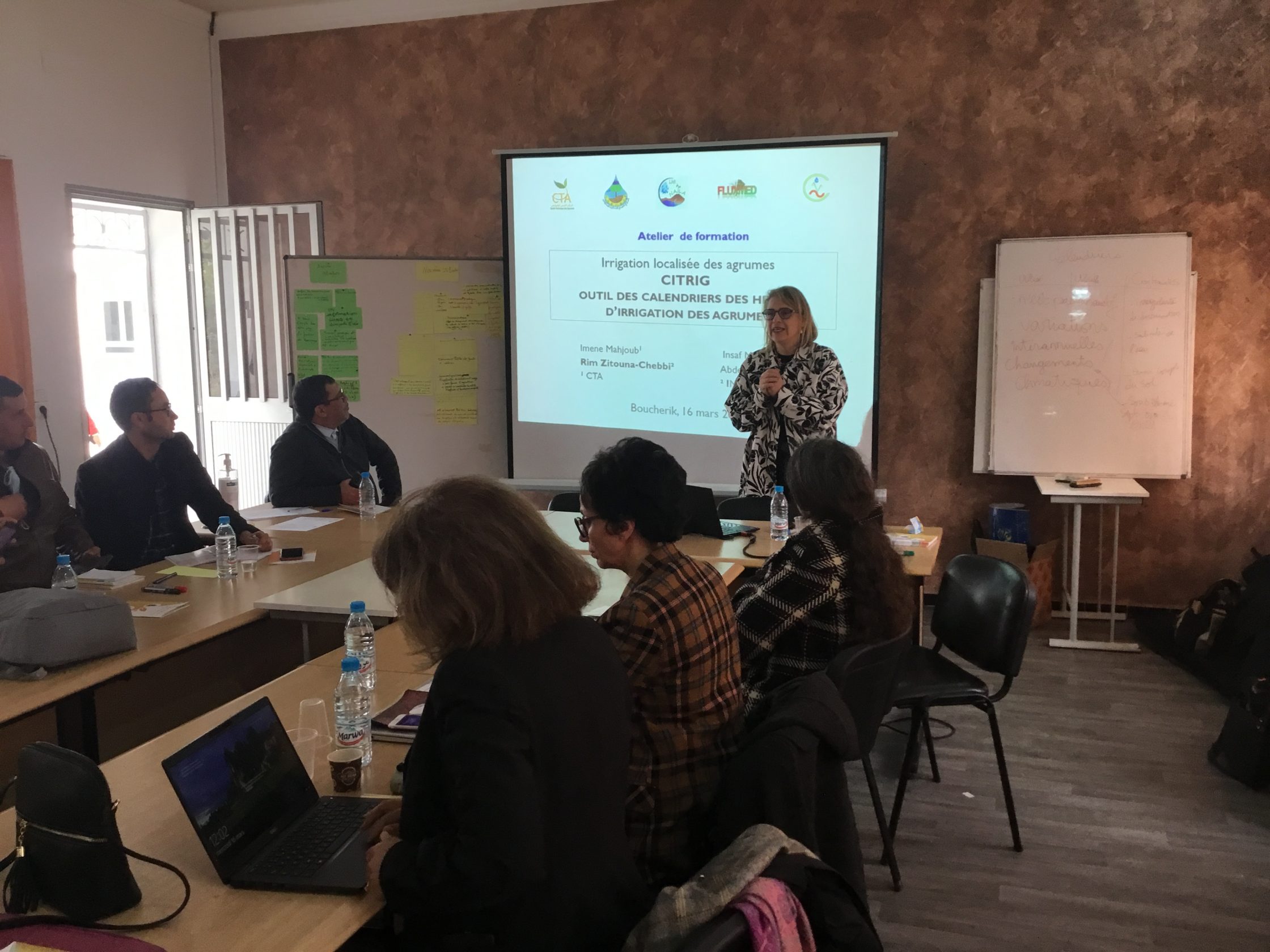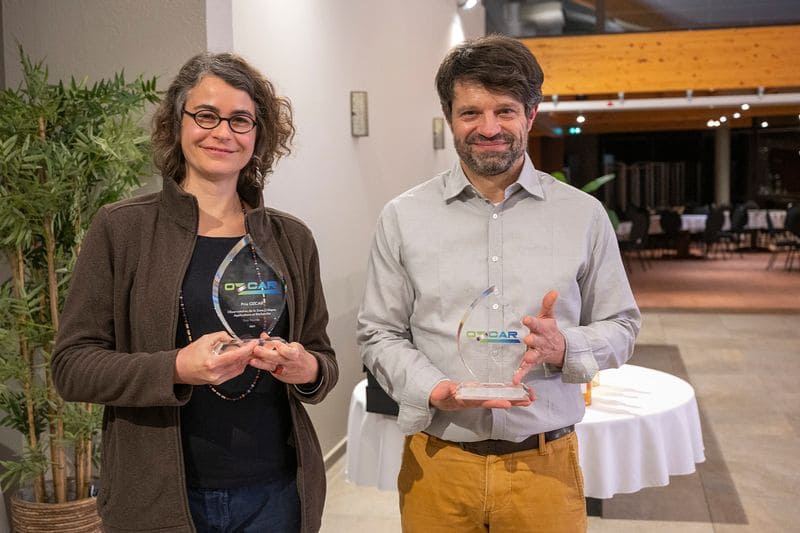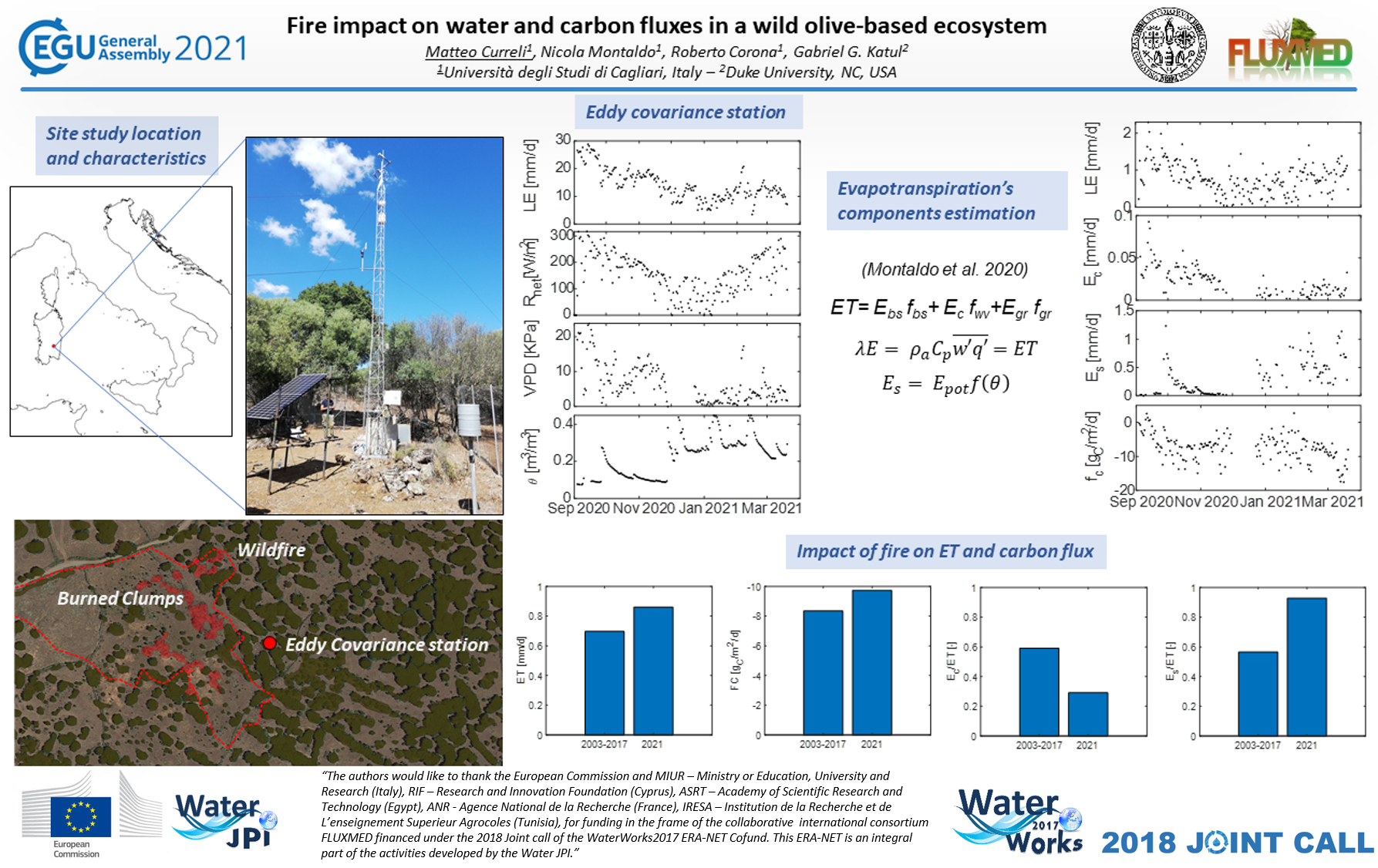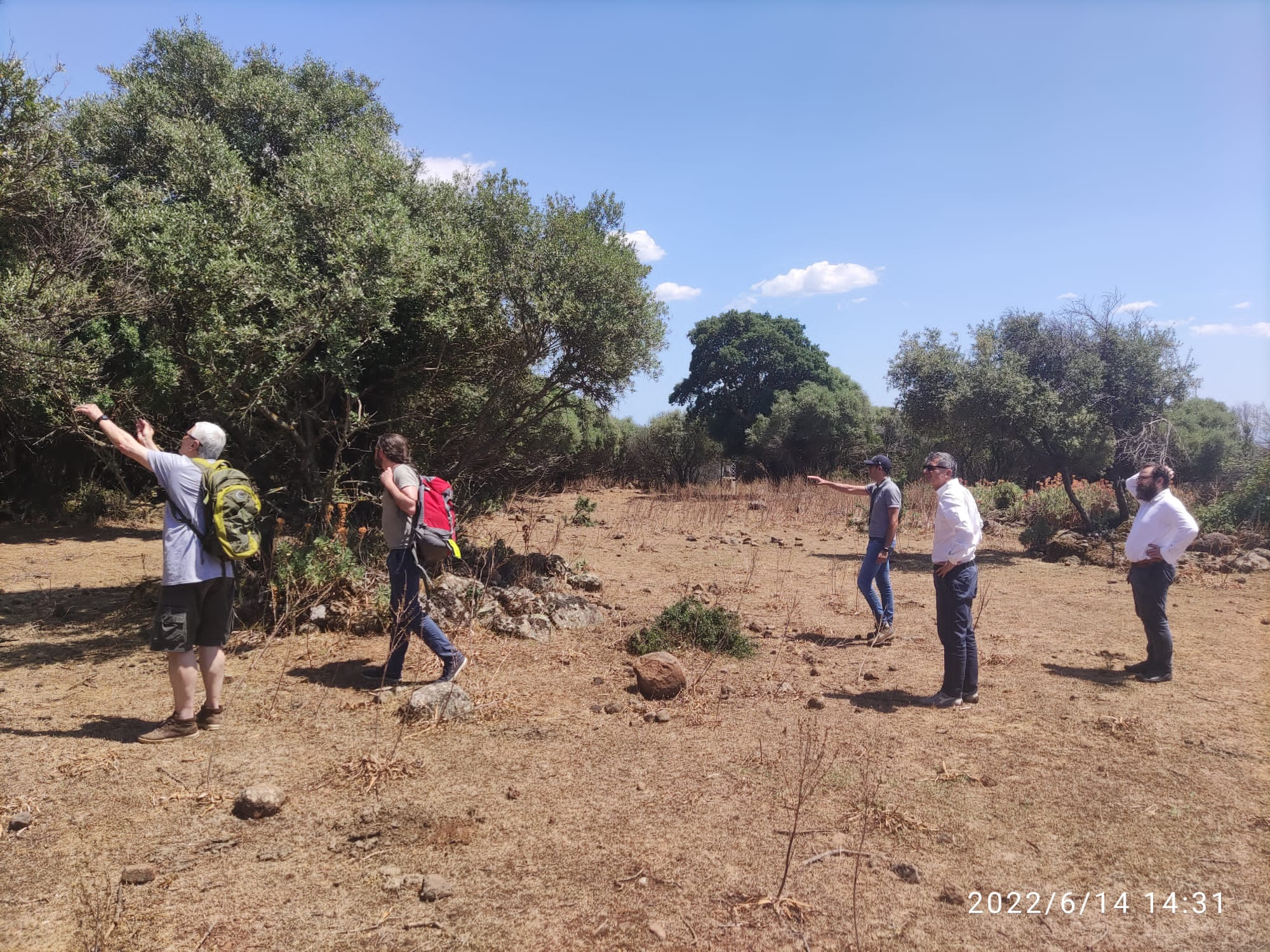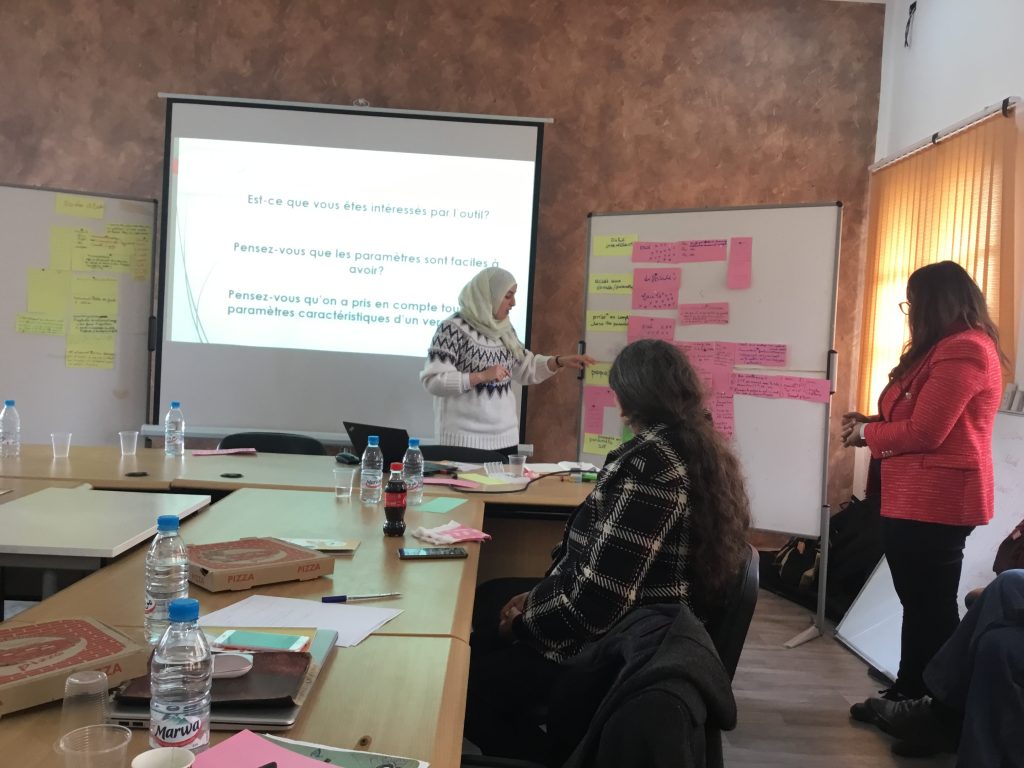
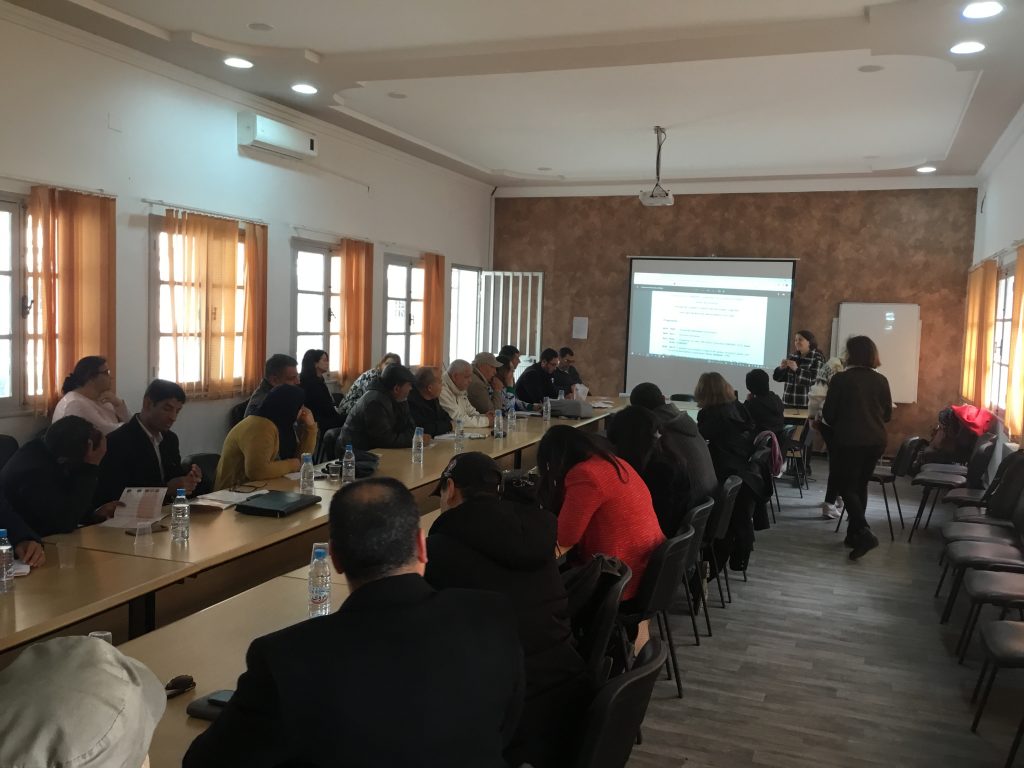
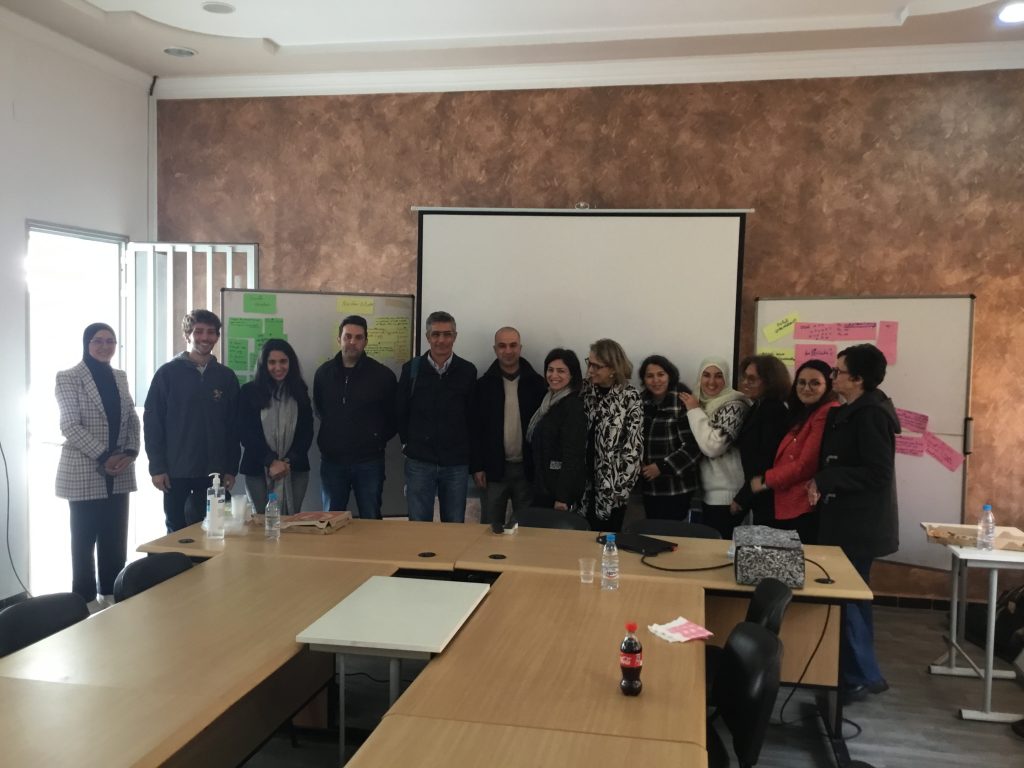
The training workshop on the “Management of localized irrigation in citrus orchards” is organized within the framework of R & D agreement between INRGREF and CTA 2015-2024 on the improvement of citrus irrigation, and with the support of FLUXMED project and the LMI NAILA . The workshop is part of a set of participatory events organized by the same work team with the objective of the improvement of water management in citrus orchards. It took place on March 16, 2022 in the agriculture professional school of Boucherik, Nabeul.
The opening has been ensured by the DG of CTA and the Co-Director of the LMI NAILA,who emphasized on the relevance of the present collaboration aiming at the production of practical tools to improve water use particularly under present water shortage conditions, enhanced by climate changes. The number of participants was 43 including farmers, representatives of the Tunisian National Union of Agriculture and Fishery, extension agents and representatives of the farmers associations GDAs.
During the workshop, two oral communications were done. In the first one, Mrs. Imene Mahjoub presented the previsional schedules for a drip irrigation system of citrus orchards in Beni Khalled and Oued Souhil areas, and briefly explained the method used to develop these schedules and how to use them. In the second oral communication Mrs. Rim Zitouna presented a decision tool CITRIG developed by the work team to meet the societal need for a tool easily usable. on Excel. CITRIG provides the irrigation doses and duration of irrigation with localized systems in citrus orchards. And it uses little information on orchards characteristics, climatic data of the average year being given by default by CITRIG.
During the discussions, the participants declare that they appreciated the schedules and tools presented. However they had some critics mainly :
1- the schedules and the CITRIG tool do not consider information on soil type
2- how to manage interannual variability particularly high temperature frequently observed in the last years
3- how to manage irregular and limited irrigation water availability,
4- how to take into account the high salinity of irrigation water.
However, many participants declared they are willing to use the previsionnel irrigation schedules and CITRIG tools. Regarding the media on which they wish to find the tools, 43% of the participants are interested in mobile apps, 33% prefer software to be installed locally on a computer, 23% wish to see them on a website and only 7% prefer printable schedules.
To conclude, the present workshop was qualified by the participants as informative. The discussions allowed the identification of perspectives as far as the diffusion of the tools and the future development to take into account the critics of the participants.

